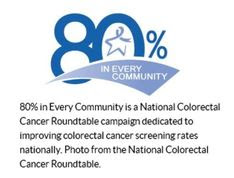 | ||||
Cancer Prevention: Actions Can Make a Difference
| ||||
| ||||
|
viernes, 22 de febrero de 2019
Cancer Prevention Works: Your Actions Can Make a Difference | Cancer Screening Tests | CDC
Cancer Screening Tests | CDC
Suscribirse a:
Enviar comentarios (Atom)





































No hay comentarios:
Publicar un comentario